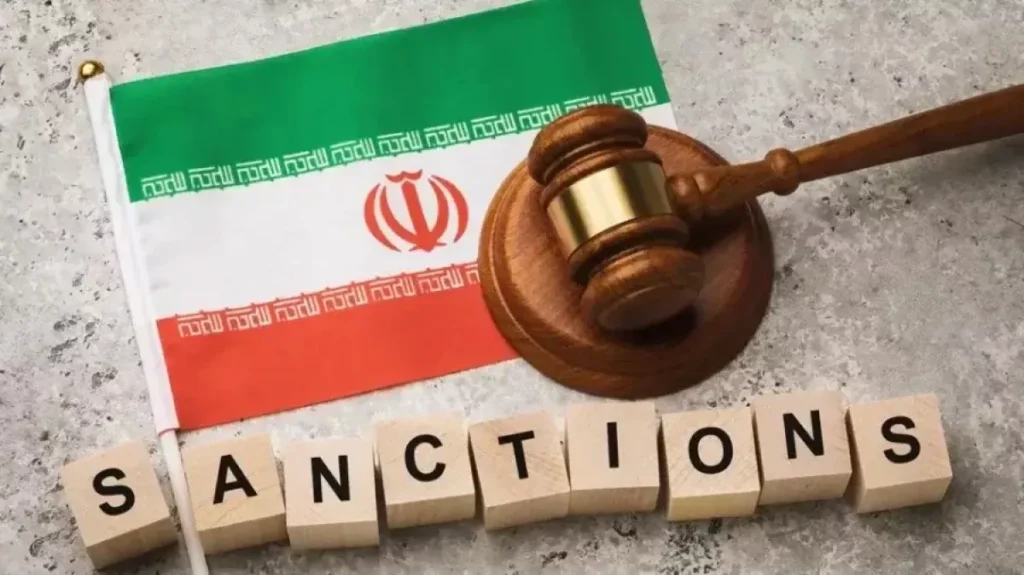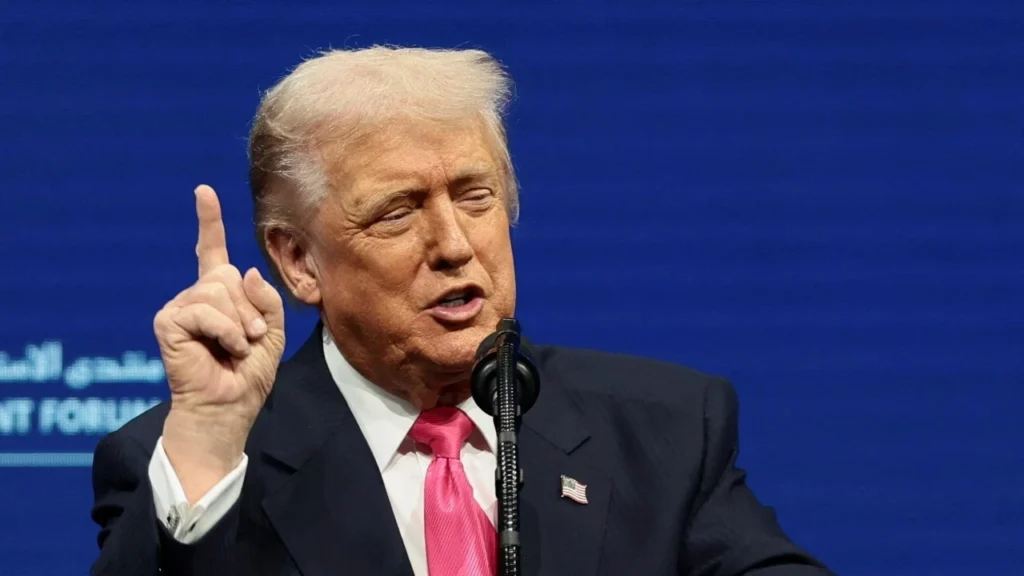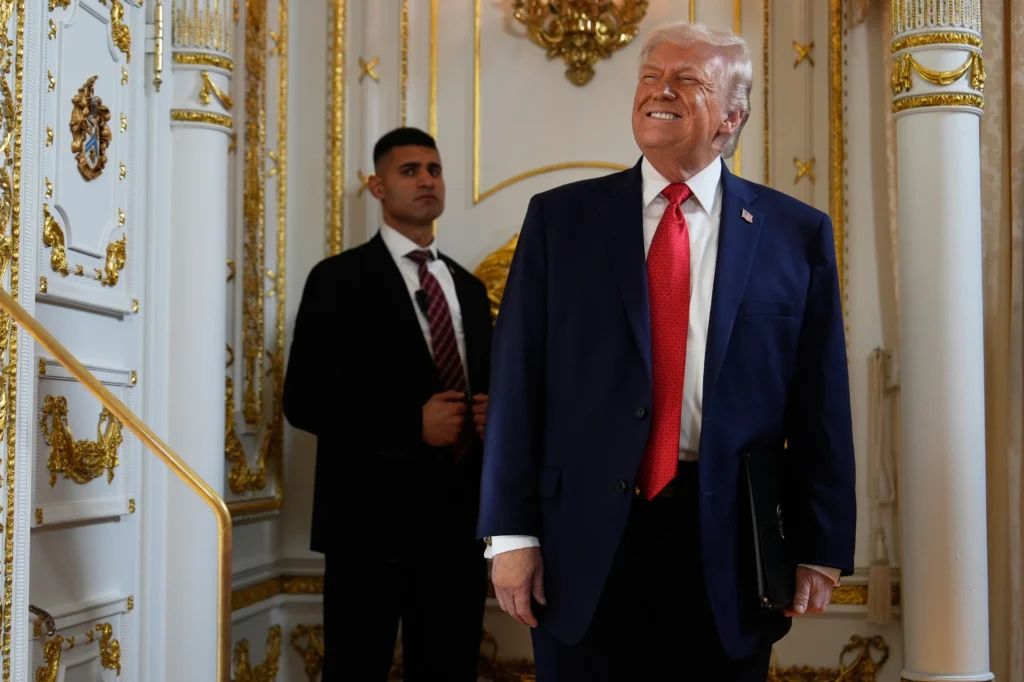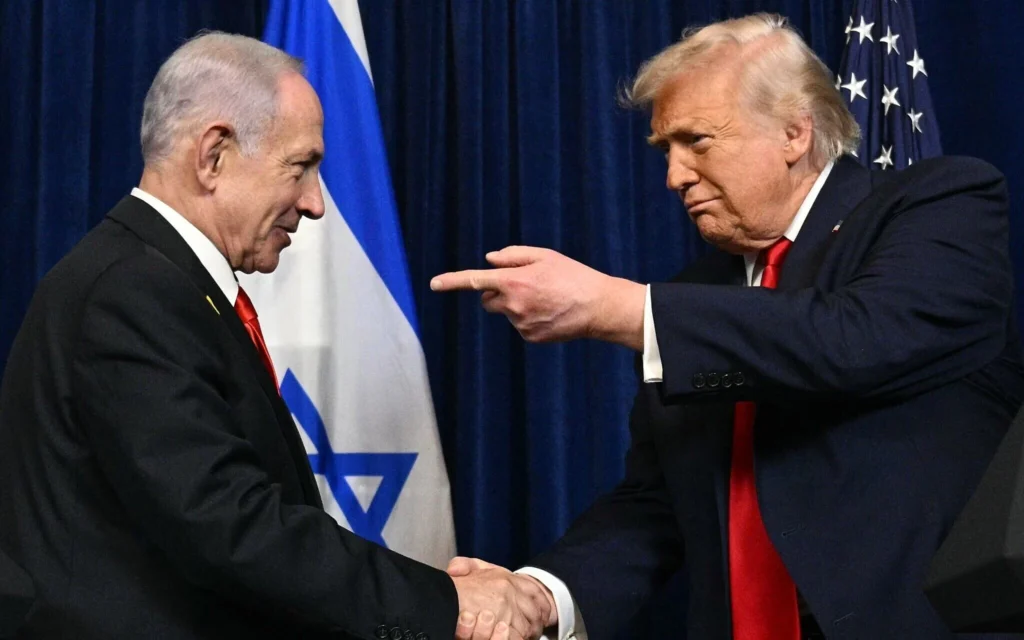
The UN reinstated long-dormant sanctions against Iran Sunday after Europe triggered a “snapback” mechanism. France, Germany, and the UK invoked the measure under UN Security Council Resolution 2231, restoring restrictions suspended since July 2015.
The sanctions target 43 individuals and 78 entities previously listed before the Iran nuclear deal, aiming to curb Tehran’s nuclear ambitions. Tehran halted cooperation with the UN nuclear watchdog this year, alleging bias following US and Israeli attacks on its territory.
The three European nations accused Iran of violating its nuclear obligations, prompting the first reimposition of sanctions in nearly a decade. Restrictions prohibit dealings linked to Iran’s nuclear and ballistic missile programs, casting a shadow over the country’s fragile economic recovery.
The snapback mechanism requires sanctions to be reinstated within 30 days if Iran fails to meet international obligations, a rare diplomatic tool. Analysts warn the renewed restrictions could escalate tensions, complicate regional diplomacy, and strain global efforts to limit Iran’s nuclear capabilities.
While Tehran decried the decision as politically motivated, the UN Security Council maintained the move aligns with existing legal frameworks. Experts suggest the sanctions could ripple through international trade, energy markets, and Iran’s strategic partnerships, affecting allies and adversaries alike.
The restoration signals a renewed global focus on nuclear nonproliferation, highlighting the delicate balance between diplomacy and coercive pressure on Tehran. Despite decades of negotiation, the sanctions underscore the persistent mistrust and volatility surrounding Iran’s nuclear program and regional ambitions.
The international community now watches closely, as the move could redefine Iran’s foreign policy posture and test the limits of multilateral enforcement. This diplomatic turn marks a new chapter in a long-standing standoff, blending legal authority with strategic signaling on the global stage. The sanctions’ reimposition reflects both frustration with Tehran’s actions and the enduring challenge of enforcing compliance in complex international agreements.




